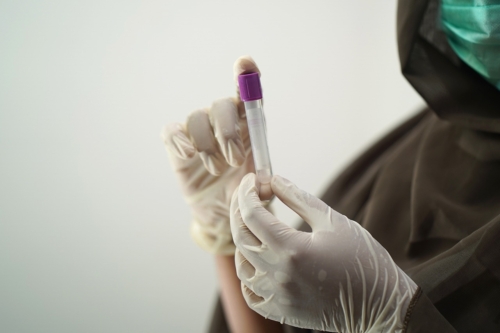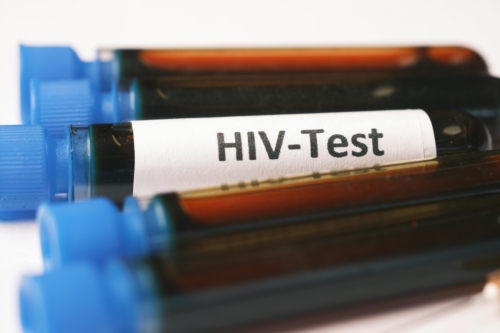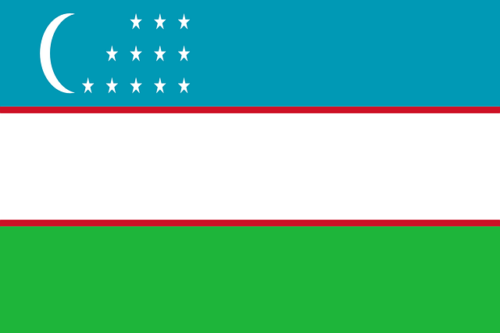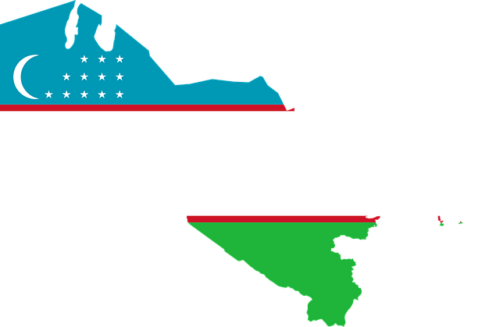“Worst fears over HIV coming true”: Health Minister
Minister of Health Dr Ahmed Jamsheed Mohamed has expressed concern about the risks of HIV spreading rapidly in the Maldives, stating that “our worst fears seem to be coming true.”
Jamsheed said that although the Maldives had remained on the HIV less-prevalent category since the first HIV positive case was found in 1991, “all the habits that may lead to the spread of HIV is excessively in practice here,” stating that it was only through “incredible luck” that the disease had not already spread widely throughout the country.
At the press conference on Sunday, Jamsheed said: “What has always worried me most is that there is a large drug community, and that the virus might find its way into this group, especially the IV drug users. Once it does, it will spread like wild fire.”
“I don’t think this is too far off now. We have already identified one IV drug user who has been infected with HIV. What’s left is to see how much this has spread,” Jamsheed revealed.
Jamsheed further cautioned against assuming that the HIV virus would stay within the injecting drug user circle, pointing out that some drug users do so in secret, and that many are married to non-drug users who could just as easily be infected with the virus.
Minister of State for Health Lubna Zahir Hussain, who heads the National Drug Agency (NDA) and Centre for Community Health and Disease Control (CCHDC) Director Maimoona Abu Bakr said that both their departments were taking preventive measures against the spread of HIV.
Jamsheed, too, said the NDA’s efforts to help drug users out of their addiction is a preventive measure against HIV as drug users are most at risk.
Meanwhile, the CCHDC is working with civil society groups like Journey, Society for Women Against Drugs (SWAD) and regional NGOs to spread awareness about STIs and HIV, and to encourage the public to change their habits to ways that present less risk of contraction.
Practical action or the moral highground?
Jamsheed said that he believed there were issues which needed to be opened to a “national debate” in order to move forward and take stronger preventive measures.
“We can simply stay inactive and keep talking for any amount of time by assuming the moral highground,’ Jamsheed said at Sunday’s press conference.
“That is to claim that we are Muslims, and by living in a Muslim state in Muslim ways we are doubtless protected from this disease. But that is never the reality anywhere in the world,” he said.
Jamsheed said it was unrealistic to assume all Muslims to live as “perfect Muslims”, and that even if they were, there was still a chance of infection. He stated that HIV is not transferred through sexual activity or visits to prostitutes alone.
“This is an argument I do not accept,” he said. “I presume that those among us who are already infected are also Muslims, being Maldivians. Of course, there are certain protections that being in a Muslim community affords us. For example, all of us men have been circumcised, which is proven to provide protection against STIs. To put it short, we need to work on more practical forms to prevent the spread of HIV.”
Sexual promiscuity elevating risks
The minister further spoke of the risks of promiscuity in the society, referring to the 2010 case where police arrested an HIV positive prostitute. He stated that the same prostitute had been identified in the Maldives as being HIV positive in the year 2009 as well, emphasising the risks to the spreading of HIV that such events presented.
Prior to his appointment as Minister of Health, Jamsheed had written about his concerns regarding the spreading of HIV in his personal blog, speaking about the “sexually active” lifestyle of the Maldivian people, which created a higher risk of infection.
“Maldivians have always been a sexually very active and promiscuous community. We have a very high divorce and remarriage rate, which increases the number of sexual partners any individual has over their lifetime. It is also a known fact that despite being a Muslim community, a lot of Maldivians have multiple extramarital relationships,” he had written then.
CCHDC’s Maimoona Abu Bakr also highlighted that “undesired sexual acts”, prostitution, injecting drug users and homosexuality proved to be some of the greatest challenges to preventing the spread of HIV.
In 2011, a total of 18 HIV positive cases were reported, out of which one was of a local. Between 1991 and 2011, 15 HIV cases were reported among Maldivians, while 168 cases of expatriate workers were also filed. Two out of the 15 cases were female, and all patients cited heterosexual transmission as the cause of infection.
Police arrest HIV positive prostitute
Police have arrested an HIV positive prostitute after she allegedly had sex with several Maldivians.
Head of the Serious and Organised Crime unit Ahmed Saudhy said the 27 year old woman arrived in Male “as a tourist” on 16 January, after travelling from “a neighbouring country.”
Saudhy claimed the woman had sex with several Maldivians, and “earned a large amount of money in a short time”.
He said the woman had admitted that she was a prostitute and police were continuing to investigate the case.
Senior public health officer at the Centre for Community Health and Disease Control (CCHDC) Abdul Hameed said prostitutes were keen to work in the Maldives because there was “high demand” for their services.
He said the practice was dangerous and carried a high risk of HIV transmission, and advised all Maldivians “to stay away from prostitutes who come to the Maldives.”
There were an estimated 34 HIV positive people in the country, ”although records show 14″ he said.
”The best prevention is to be aware,” he said.



